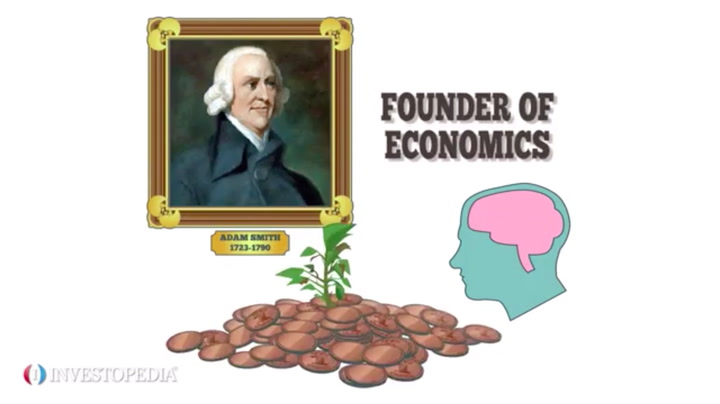Definition Father Of Economics

Alfred marshall fba 26 july 1842 13 july 1924 was one of the most influential economists of his time.
Definition father of economics. Adam smith is termed as the father of modern economics. He laid the foundation of classic economics followed by the most sophisticated and realistic theories of economics and its effects on the world s politics. After writing the five book series an inquiry into the nature and causes of the wealth of nations in 1776 adam smith became known as the father of economics in the book smith champions his. Definition of economics by adam smith.
He was the father of marxism. The father of economics economic thought goes as far back as the ancient greeks and is known to have been an important topic in the ancient middle east. The formal definition of economics can be traced back to the days of adam smith 1723 90 the great scottish economist. Monetarism is a school of thought in monetary economics that emphasizes the role of governments in controlling the amount of money in circulation monetarist theory asserts that variations in the money supply have major influences on national output in the short run and on price levels over longer periods.
He was the man behind all the basic laws of modern economics. 5 june 1723 17 july 1790 was a scottish economist philosopher and author as well as a moral philosopher a pioneer of political economy and a key figure during the scottish enlightenment also known as the father of economics or the father of capitalism. However today scottish thinker adam smith. His book principles of economics 1890 was the dominant economic textbook in england for many years.
Adam smith was an 18th century scottish economist philosopher and author and is considered the father of modern economics. Following the mercantilist tradition adam smith and his followers regarded economics as a science of wealth which studies the process of production consumption and accumulation of wealth. Economics is a branch of social science focused on the production distribution and consumption of goods and services. Monetarists assert that the objectives of monetary policy are best met by targeting the.















